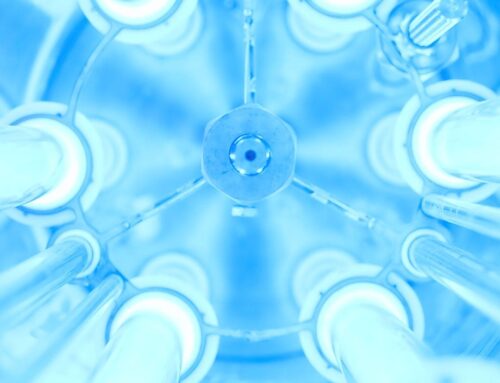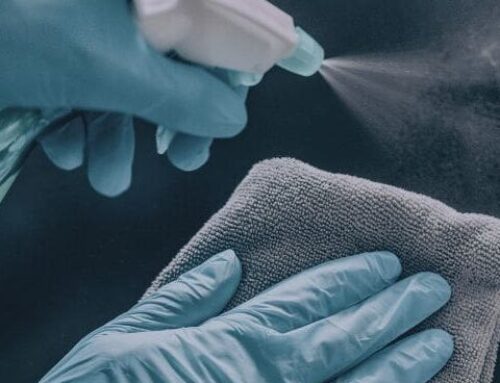September 2022
Have you ever been so close to finishing a project, only to find out a key foundational component is missing?
Medical device engineers sometimes face this troubling situation when they design products without cleaning and disinfection validation in mind.
The design of a reusable medical device, more so than the particular cleaner or disinfectant, determines how reliably microbes and soil will be removed. Devices that are smooth and relatively seamless can be reprocessed time and time again without issue. Devices with problematic design elements can be nearly impossible to completely clean and disinfect, no matter what detergents and disinfectants are used.
In Microchem’s experience, the following design elements tend to shelter soil and microbes from cleaning and disinfection:
- Narrow seams
- Material overhangs
- Cavities
- Articulating components
- Recessed or exposed hardware such as screw heads
- Absorbent or porous surfaces, such as open foams or fabrics
When design components prove during testing to be hiding places for soil and microbes, cleaning and disinfection instructions becomes arduous and instructions for use (IFUs) balloon. Worse, disinfection-resistant, pathogenic biofilms can form in these locations during actual use.
Cleaning and disinfection validation studies naturally come at the end of the design and development process, just before submission to FDA for premarket approval. Without reprocessing validation, the FDA will not move forward in approving a reusable medical device for market.
Per the 2015 updates the FDA made to their cleaning and reprocessing guidelines, reprocessing validation studies “challenge” the device with the most resilient microorganism it might encounter, in the most difficult locations to disinfect. Such “worst case” testing proves that the device can be reliably reprocessed when the instructions are followed.
When a reusable medical device shows failures in cleaning and disinfection validation, Microchem works hand-in-hand with clients to identify the problematic sites and propose modifications to IFUs that work.
If your company is designing a reusable medical device that will require reprocessing validation, we’re available for free consultation at any point in the process. For more information on validation testing, please contact Hannah Klug, our Medical Device Testing Team Lead.




